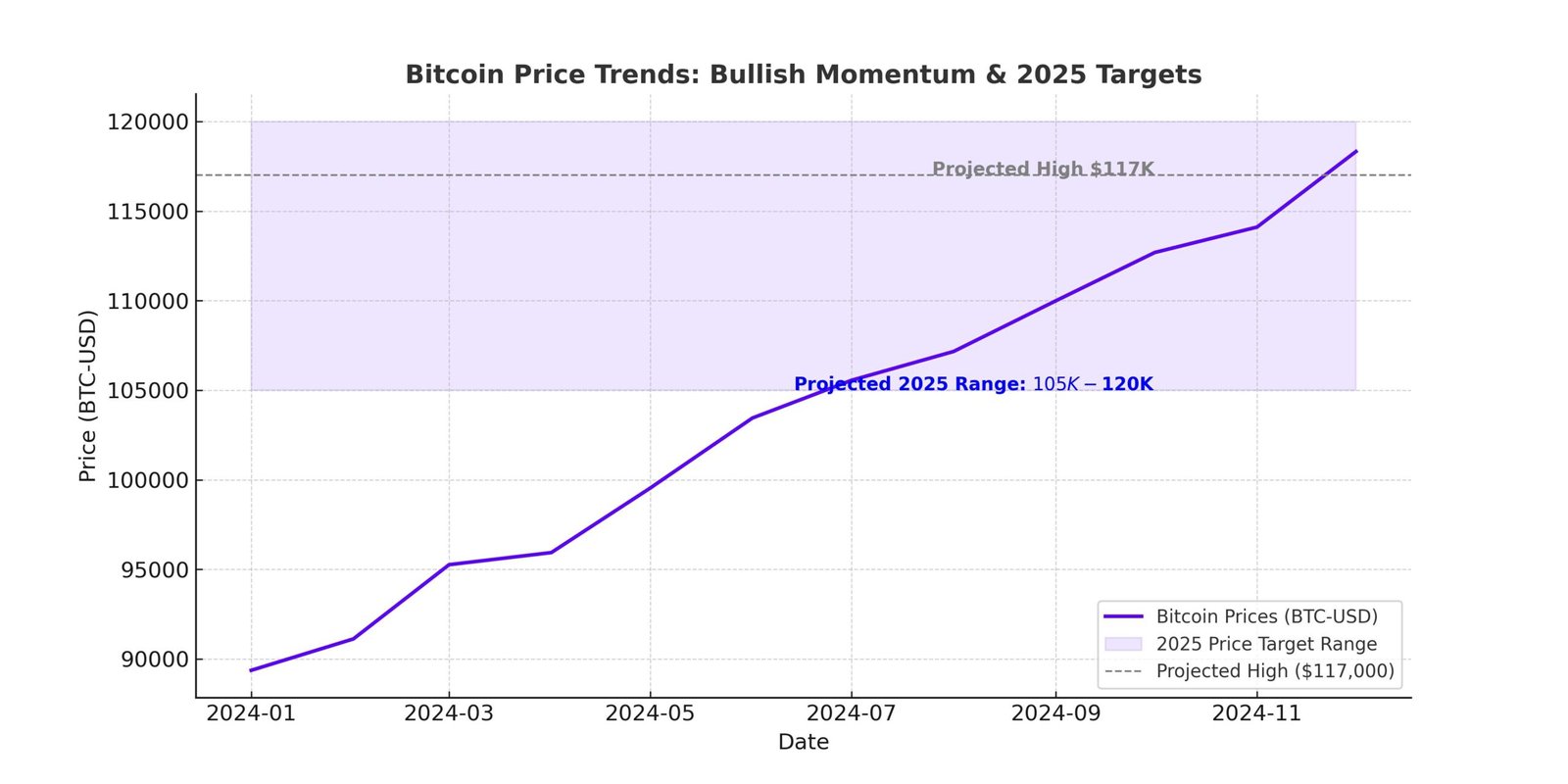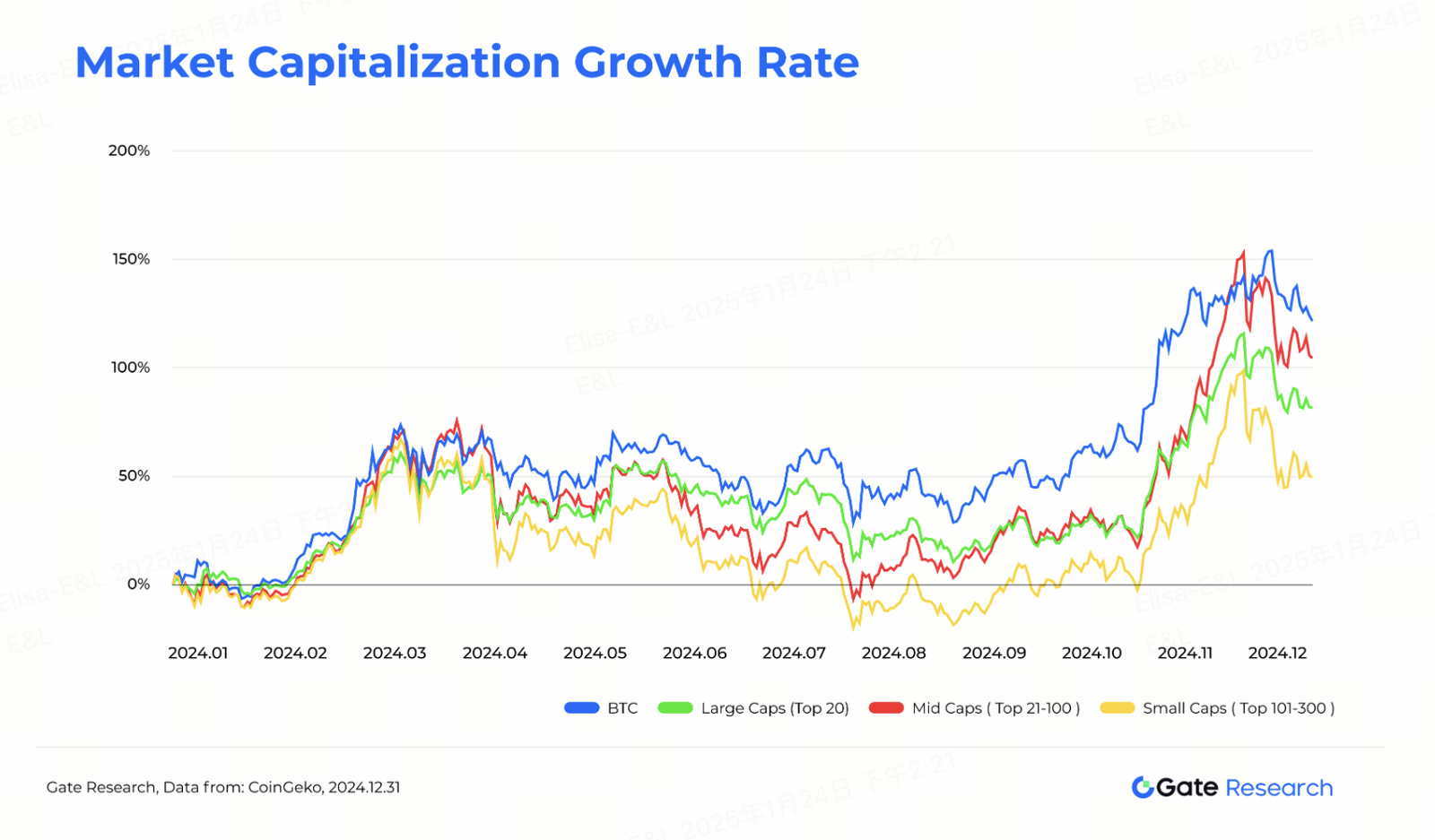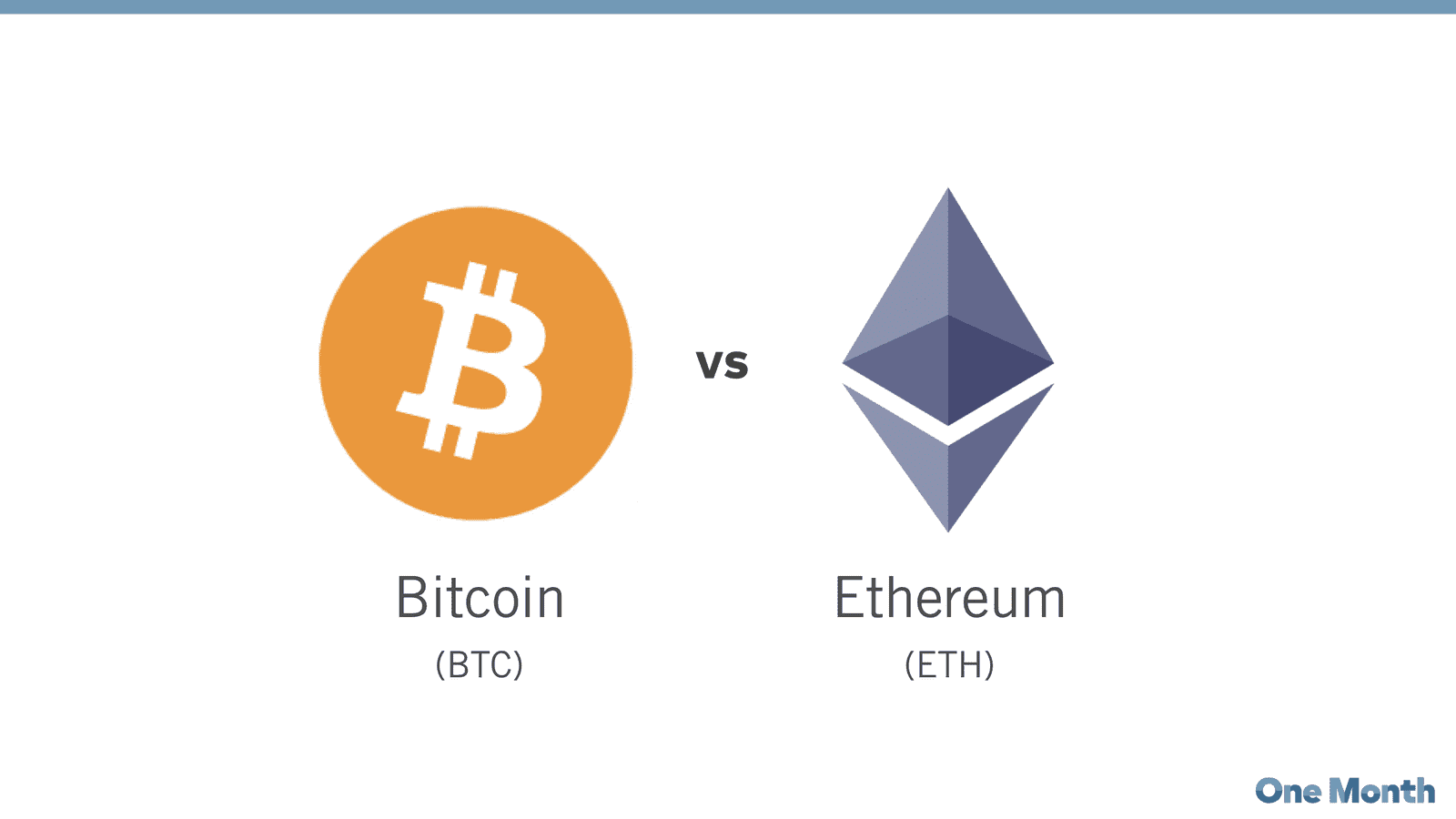Bitcoin vs Ethereum: Which Should You Invest In?

Introduction to Bitcoin and Ethereum


Bitcoin and Ethereum are two of the most significant digital currencies in the cryptocurrency landscape today, each serving unique purposes and showcasing distinct features. Bitcoin, launched in 2009 by an anonymous entity known as Satoshi Nakamoto, was the first cryptocurrency to successfully introduce the concept of decentralized digital money. The primary goal of Bitcoin is to serve as a store of value and a medium of exchange, operating on a peer-to-peer network that enables transactions without the need for intermediaries, such as banks.
On the other hand, Ethereum, proposed in late 2013 by Vitalik Buterin and launched in 2015, extends beyond just being a digital currency. It is a decentralized platform that facilitates the creation and execution of smart contracts, which are self-executing contracts with the terms of the agreement directly written into code. This feature allows developers to build decentralized applications (dApps) that operate on the Ethereum blockchain, thus revolutionizing various sectors such as finance, gaming, and supply chain management.
In terms of market capitalization and adoption, Bitcoin remains the most recognized cryptocurrency, often referred to as digital gold due to its limited supply and role as a hedge against inflation. Conversely, Ethereum has emerged as a leading platform for innovation, continuously attracting developers and businesses interested in leveraging blockchain technology for various use cases.
The differences between Bitcoin and Ethereum make them appealing to different types of investors. While investing in Bitcoin often correlates with a more traditional approach of wealth preservation, investing in Ethereum presents opportunities to engage with cutting-edge advancements in technology. Understanding these foundational elements can assist potential investors in making informed decisions when navigating the complex world of cryptocurrencies.
Key Differences between Bitcoin and Ethereum
Bitcoin and Ethereum, while both part of the cryptocurrency landscape, serve markedly different purposes and are built on unique technological foundations. Bitcoin, created in 2009 by an anonymous figure known as Satoshi Nakamoto, was designed primarily as a digital currency and a store of value. Its underlying technology utilizes a Proof of Work (PoW) consensus mechanism, which relies on miners to solve complex mathematical problems to validate transactions and create new coins. This has resulted in a capped supply of 21 million bitcoins, positioning it as scarce and deflationary.
In contrast, Ethereum, launched in 2015 by Vitalik Buterin and others, aims to be a decentralized platform for executing smart contracts and decentralized applications (dApps). It initially used Proof of Work but has transitioned to Proof of Stake (PoS) with its Ethereum 2.0 upgrade, which enhances scalability and energy efficiency. Unlike Bitcoin’s fixed supply, Ethereum does not have a maximum limit, allowing for more flexibility in its monetary policy. This difference in supply mechanisms reflects a broader disparity in intent and applicability between the two cryptocurrencies.
Furthermore, transaction speeds also vary significantly. Bitcoin can handle approximately 7 transactions per second, whereas Ethereum can manage over 30, benefiting from its use case as a platform for dApps. This capability makes Ethereum a key player in the decentralized finance (DeFi) sector, where it facilitates lending, borrowing, and trading without intermediaries. The distinct use cases of Bitcoin and Ethereum illustrate that while both are valuable investments, they cater to different market needs: Bitcoin as a digital gold, and Ethereum as a versatile development platform. Understanding these differences is crucial for individuals considering investing in Bitcoin or investing in Ethereum, as the choice between them should align with one’s investment goals and risk tolerance.
Current Market Trends and Future Projections
The cryptocurrency market has experienced significant fluctuations over the past year, particularly impacting Bitcoin and Ethereum. As of October 2023, Bitcoin maintains its position as the leading cryptocurrency by market capitalization, which has hovered around $900 billion. However, Ethereum has solidified its status as a strong competitor, with a market capitalization that consistently remains above $400 billion. Analyzing the price trends, Bitcoin recently saw a surge, peaking at over $50,000, while Ethereum reached a high of $3,500, highlighting the dynamic nature of these assets.
Trading volume is another critical metric to consider when discussing Bitcoin vs Ethereum. Bitcoin typically exhibits higher trading volumes compared to Ethereum, showcasing its dominance in the market. However, Ethereum has seen increased trading volumes due to the rising popularity of decentralized finance (DeFi) applications and non-fungible tokens (NFTs), which utilize its technology. These developments have positively influenced Ethereum’s price trajectory, suggesting a growing interest among investors in this blockchain.
Recent events have also played a role in shaping the market landscape for both cryptocurrencies. For instance, regulatory news concerning digital assets has created volatility among traders, with Bitcoin often viewed as a ‘safe haven’ during market downturns. Conversely, Ethereum has benefited from advancements in its technology, such as the transition to Ethereum 2.0, which aims to enhance scalability and sustainability. Future projections suggest that experts remain divided; some emphasize the potential for substantial growth in Bitcoin, while others advocate for investing in Ethereum due to its innovative applications.
Ultimately, as potential investors consider their options, understanding these current trends and future prospects is essential to make informed decisions regarding investing in Bitcoin or Ethereum.
Investment Considerations: Which is the Better Choice?
When contemplating the decision between investing in Bitcoin vs Ethereum, several crucial factors must be taken into account. Firstly, it is essential to assess your risk tolerance. Bitcoin is often viewed as a more stable digital asset, being the first cryptocurrency with a longer track record. Conversely, Ethereum, with its emphasis on smart contracts and decentralized applications, presents a higher volatility due to its innovations and constant developments. Depending on an investor’s temperament towards risk, the choice may lean towards Bitcoin for stability or Ethereum for potential higher returns.
Investment goals also play a significant role in this decision-making process. If an investor aims for long-term wealth preservation, investing in Bitcoin might be the preferred route. In contrast, if the objective is to capitalize on technological advancements in the blockchain space, Ethereum could be more appealing. Understanding the unique propositions of each cryptocurrency is vital for aligning choices with investment objectives.
Another important consideration is portfolio diversification. Investing in both Bitcoin and Ethereum can offer a balanced approach, as the two assets cater to different market demands and have distinct use cases. By including both in a portfolio, an investor can potentially mitigate risks associated with market fluctuations. It is crucial, however, to only invest funds that one can afford to lose, as cryptocurrency investments are inherently speculative.
Moreover, a comprehensive understanding of the cryptocurrency market is imperative. Engaging in consistent research, keeping updated with market trends, and following reputable sources for news on Bitcoin and Ethereum can empower investors to make better-informed choices. This understanding not only aids in making sound investment decisions but also helps in adapting strategies in a rapidly evolving landscape.
In conclusion, both Bitcoin and Ethereum have their merits and challenges. Ultimately, the decision will hinge on an individual’s financial situation, investment goals, and understanding of the cryptocurrency market.










